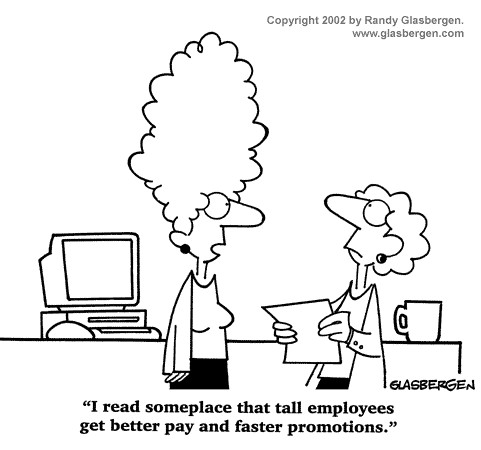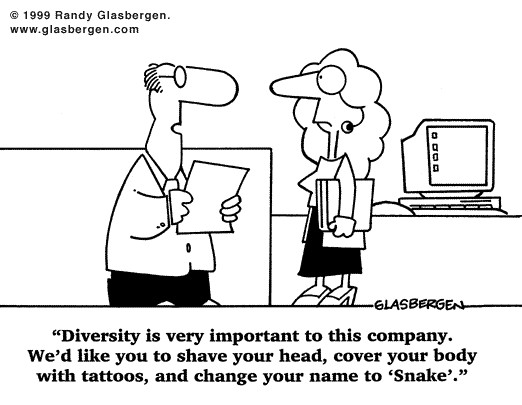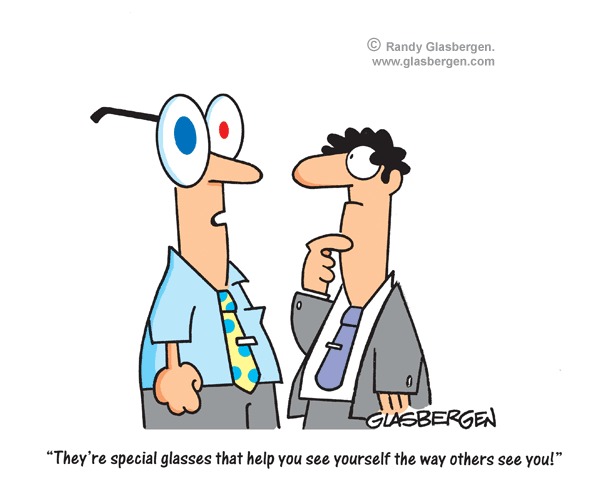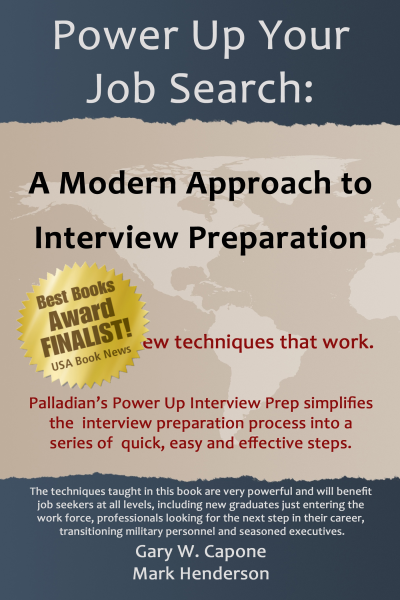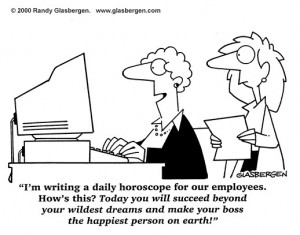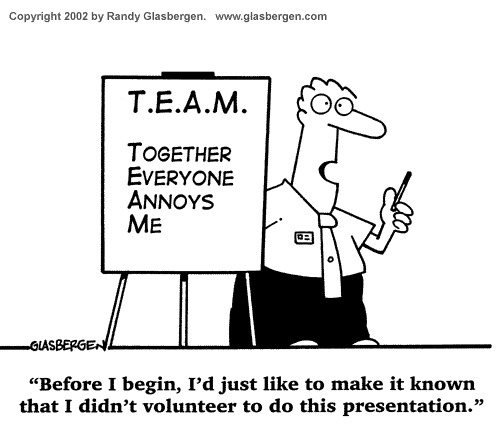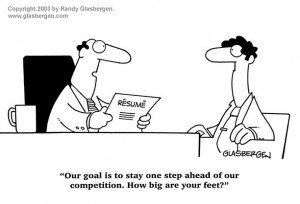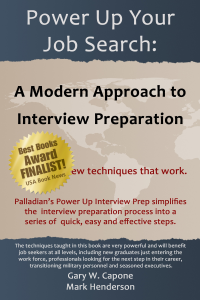 Mock interviews simulate actual job interviews, allowing the job seeker to practice their interview skills. Interviewing is a performance. Without practice, a job seeker cannot perform at their best. This makes mock interviews one of the most important steps in a job search.
Mock interviews simulate actual job interviews, allowing the job seeker to practice their interview skills. Interviewing is a performance. Without practice, a job seeker cannot perform at their best. This makes mock interviews one of the most important steps in a job search.
Few job seekers complete a mock interview during their job search. There are a few reasons for this. Some job seekers fail to realize how much a mock interview can improve interview performance. Other job seekers believe their interview skills are exceptional and do not need to be improved. There are even job seekers that are afraid of the feedback after a mock interview. Many people have a fear of public speaking and are intimidated in interviews. The idea of conducting an interview in front of someone who will criticize their interview performance is terrifying. This is unfortunate since the people most afraid of interviewing often need the most help.
There is no replacement for mock interviews, though. You cannot practice interviewing alone. You have to have someone ask you a question that you must answer on the spot. This is the core of any interview and can’t be recreated without the interviewer.
There are a number benefits to mock interviews, and below are the eight most significant:
- Practice allows you to try different ways of answering common interview questions
- You can make a mistake in a mock interview without hurting your job search
- A mock interview is the only way you can prepare for unforeseen questions
- You can get specific feedback from the interviewer in a mock interview that an employer will never share with you.
- Mock interviews can help build your confidence
- Interviewers often think of questions the job seeker doesn’t anticipate
- A mock interview offers a chance to try different styles of interviews
- Mock interviews are one of the fastest and most effective ways to improve your interview skill
If you haven’t completed a mock interview in your job search, schedule one now. Ideally, the interviewer you choose will be similar to type of interviewer you will encounter in a real interview. This may require finding someone you don’t know to conduct a mock interview. Interviews with close friends or co-workers may make the mock interview less effective due to your familiarity with the interviewer. If you can’t find a suitable interviewer, find a professional interviewer coach that can conduct the mock interview with you.
